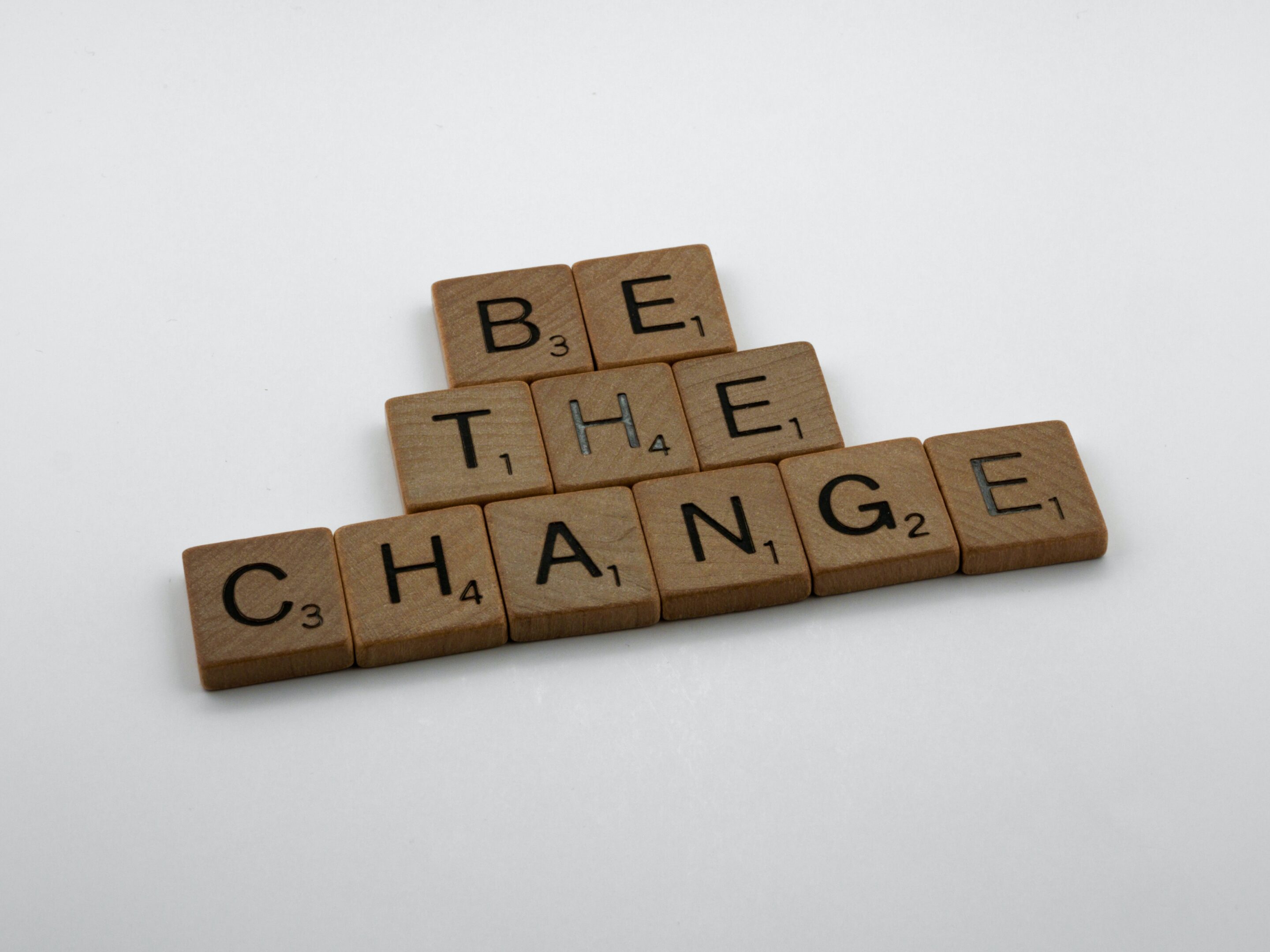Every couple has their strengths and struggles. At some point, you might find that you and your partner are running into recurring fights. You may be getting stuck in gridlocked patterns of self-protection, like defensiveness and criticism. At best, it is frustrating. At its worst, it becomes deeply painful and disconnecting. It seems obvious to most of us how our partner could or should change. If only our partner would stop (or start) doing certain behaviors, they would be less likely to trigger us. Then we would feel more relaxed and trusting in the relationship. It can be easy for us to see our partner’s unhelpful behaviors, and how they impact us. Yet, we often struggle to recognize how our own behaviors negatively impact our partner. Our self-protection behaviors can absolutely contribute to patterns of relationship distress. Many will come to this stark realization:
You need to work on yourself so you can work on your relationship.
Confronting our own “stuff” is hard to do. It’s often a realization and process that’s vulnerable and messy. It’s all too easy to avoid. However, it is also a primary way to grow, protect, and improve our connections. If you have wondered how you can be more accountable in your relationship, you are already on the right track. The willingness to work on yourself is courageous in and of itself.
Let’s talk about self-protection in a relationship
Self-protective behaviors are understandable–we all move into self-protection, at times, and usually for good reason, like when we are triggered. Self-protection serves to help us deal with underlying emotional distress. For example, if you perceive your partner to be criticizing you, and it triggers a distressing feeling of inadequacy, it is probable that you will get defensive. If you perceive your partner doesn’t care about your feelings, and it triggers a distressing feeling of mistrust, you might start to blame.
Other forms of self-protection behaviors might include criticizing, shutting down or withholding, or pushing and demanding change. These moves might actually be an attempt at feeling heard, validated, and responded to in a tough moment. However, they are often the exact behaviors that trigger our partner to move into their own self-protection. These moves can create a rigid pattern of reactivity between partners, and, left unchecked, this can fracture a relationship.
Are you self-protecting in your relationship? Ask yourself these 6 questions
One of the best ways to take accountability for your contributions related to your relationship problems is to get honest about your self-protective moves. Remember, these behaviors are often what triggers our partner into their own emotional distress and self-protection. Left unaddressed these behaviors tend to create distance between us and make it hard to feel emotionally safe with one another. Acknowledging these self-protection moves not only helps to create safer conversations with your partner, but it can also de-escalate conflict.
Below are six questions to help you explore and better understand your self-protection tendencies:
- What do I see or hear from my partner that typically triggers me?
- What feelings arise when I experience that trigger?
- What message do I get about my partner in that moment?
- What message do I get about myself in that moment?
- What action do I normally feel the urge to do when these thoughts and feelings arise?
- And if I didn’t do that action (#5), what do I fear would happen?
When you can articulate an answer for question five, you have identified (at least one) of your self-protective behavioral tendencies. While this is not an exhaustive list, common self-protective tendencies include blaming, criticizing, demanding, shutting down, stonewalling, minimizing, avoiding, and getting defensive.
2 Ways to Work on Yourself and Your Relationship
Once you get a better understanding of your self-protective tendencies, you can work on yourself and, thus, your relationship.
There are two ways to tackle these self-protective tendencies. Before trying option one, pause and reflect on how your partner might react if you shared honestly about your behaviors. If you think they would react supportively, then proceed. If you worry they will react negatively, skip to option two.
- Share with your partner – Get honest with your partner about your self-protective moves. You might even acknowledge that you suspect these behaviors have impacted them in an unhelpful way. You can share that you intend to work on changing these behaviors by doing something different in those triggering moments. Help your partner understand which feelings usually drive your self-protective moves in the first place. Make sure you share from a position of accountability, rather than blaming your partner.
- Focus on doing the opposite of your normal self-protection – For example, if your normal move is to blame, practice softening your tone and using “I statements.” With time, your partner will likely notice the difference in your reactions, either consciously or unconsciously. This can contribute to a sense of increased calm between you. Learn more about alternative moves to replace self-protection.
When we are able to take accountability for our unhelpful self-protective behaviors, the whole atmosphere of our relationship changes for the better. There may be times, however, when the underlying emotions that triggered the self-protection remain unresolved. If you are repeatedly getting stuck in the emotional trigger, you might be experiencing emotional flooding. It can be very helpful for both partners to learn how to manage emotional flooding and the self-protection that accompanies it.
Need a bit more help?
If you could use additional support in learning how to work on yourself and take accountability in your relationship, and live in Arizona, North Carolina, South Carolina, or Texas, we can help. Contact us to get started. We offer virtual and in-person sessions.
